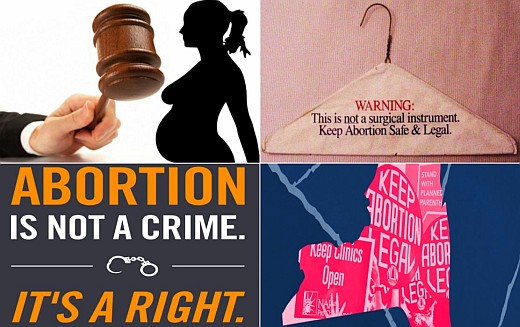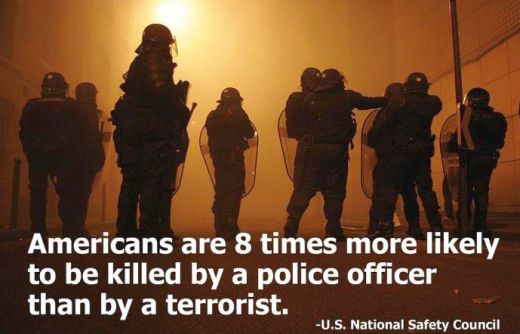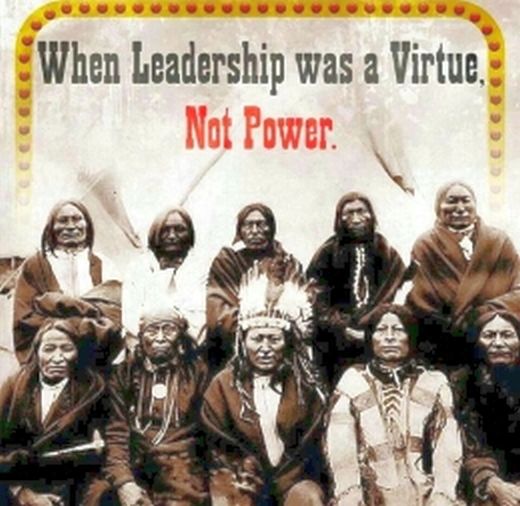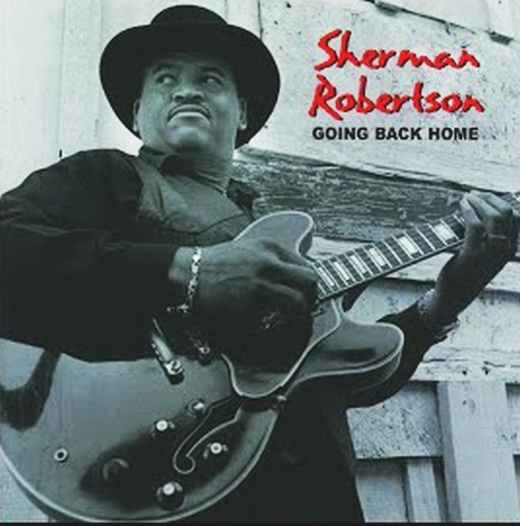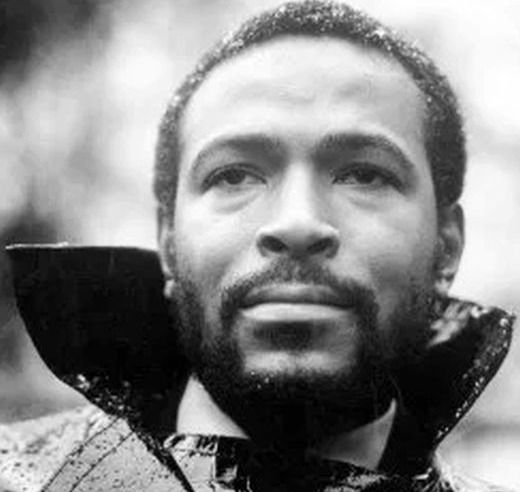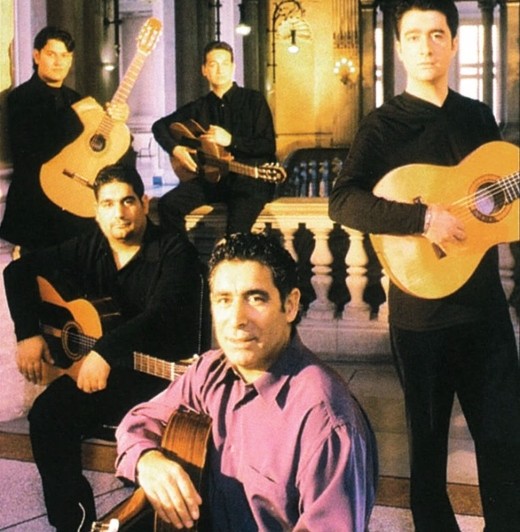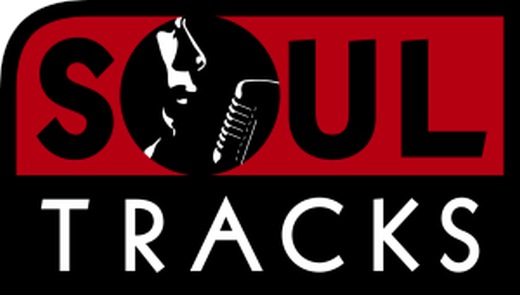
Vanden Heuvel. Demause. Schwartz.
Beyond the bloody events in Moscow last month that transfixed the world and jolted the country’s political life, there is another, more subterranean battle going on for the Russian soul. From Moscow’s streets to Siberia’s remote villages, across the ideological ruins of the Communist landscape, fundamentalist Christians, Catholic proselytizers and even Jewish zealots are disseminating literature, holding prayer meetings and bidding for converts with dollars where simple persuasion is insufficient. Christian right groups [and] their ideas about morality and family values – especially as these coincide with a resurgent nationalism that relies on traditional notions of women and the glorification of motherhood – are highly appealing to Russians in flux between discarding an old identity and creating a new one. In this context, abortion rights have become a natural target. Katrina Vanden Heuvel. Eastward, Christian Soldiers!: Right-to-Lifers Hit Russia. The Nation, November 1, 1993.
The meaning of Roe has undergone enormous changes since the [U.S. Supreme] Court’s 1973 landmark ruling, beginning in 1977 with Rep. Henry Hyde’s (R-IL) bill cutting off all federal abortion funding. The Hyde Amendment – upheld by the pre-Reagan Supreme Court in 1980 – not only eliminated abortion coverage for women on Medicaid, but also put an end to abortions in military hospitals and at those run by the Indian Health Service.
As Ronald Reagan proceeded to pack the Court with abortion opponents in the 1980s, more and more states began passing laws to test various aspects of Roe. Anti-abortion legislators invented “parental involvement” laws, requiring teens to tell their parents or get their consent to obtain abortions. And the Reagan administration’s “gag rule” prevented federally-funded family planning clinics from counseling and preforming abortions. Each time, the court proved willing to narrow its interpretation of Roe, finally in its 1989 Webster decision allowing states to outlaw abortions at all public facilities. Neil Demause. Freedom of Choice Act – Not. Z Magazine, November, 1992.
The election of Bill Clinton and the appointment of Ruth Bader Ginsberg to the Supreme Court have slowed the right’s quarter-century campaign to transform the federal courts into bastions of reaction. But by and large, the conservatives’ campaign has succeeded. The Supreme Court is consistently hostile to civil rights, almost brutally harsh of those facing the death penalty, rough on criminal defendants in general, much less sympathetic to abortion rights than it was and a mixed bag on free speech and religion. Nevertheless, some of the Court’s conservative defenders are claiming that it has “receded into the background” and has begun showing “deference to the political process,” and some in the press and elsewhere have bought that line. They’ve been had. Herman Schwartz. NEW TERM, SAME TILT: The Supreme Court Stays Hard Right. The Nation, October 25, 1993.



